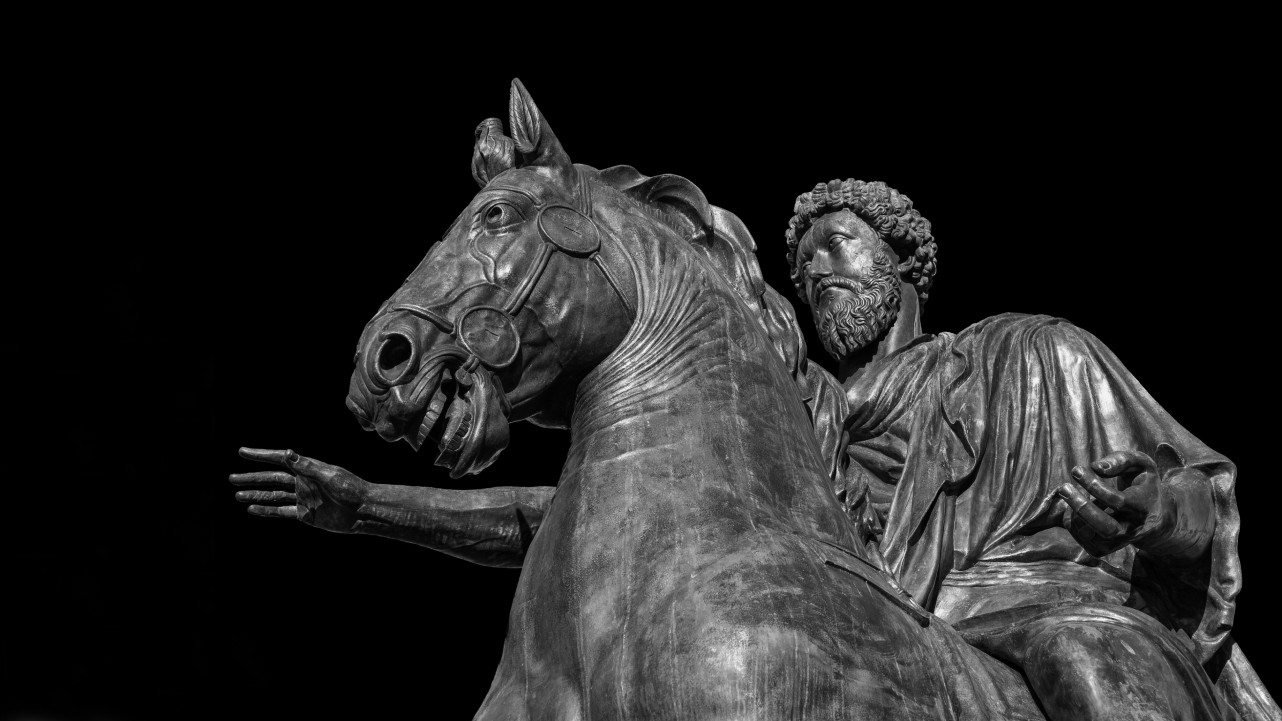Gerry Adams takes us back to growing up in West Belfast.
Question: Who are you?
Gerry Adams: My name is Gerry Adams. I was born in Belfast 59 years ago [i.e. in 1948]. I was born into a very poor working-class community in the Falls Road in West Belfast. We didn’t know we were poor because everybody else was poor as well. I was the eldest of what became a family of 10 children. My mother actually was pregnant with 13 children and three died at birth or shortly after. And I was part of a wider family. Both my mother and father came from large families as well.
I can’t remember this of course, but we lived with my granny. Later on when I became older I went back to live with my granny, which was quite a common occurrence. And she was hugely influential on me.
And we lived, as many families did, with other members of the family. And then for a short period in a tenement block in a place called Greencastle which is on the shore of Belfast Lock. And then somewhere when I was five, or six, or seven, my mother succeeded in getting a council house, public housing on the slopes of the Black Mountain – a place called Ballymurphy. And the whole family lived there. And in fact five or six of my brothers and sisters still live there. My mother, my grammy Adams, my father of course.
My uncle Paddy who I got to know who did a bit of writing, who was hugely tolerant, self-educated, was a builders' laborer but read voraciously and was very knowledgeable.
My family by the way – and I didn’t know this, and I’m still getting the extent of this as I get older myself – my family mostly on my mother’s side, my mother’s name was Holloway; and my father’s side were political families.
My paternal grandfather died quite early, but I never knew him. But he had been a member of the Fenyan movement. My father and a number of my uncles were imprisoned in the ‘30s into the ‘40s – as IRA [Irish Republican Army] prisoners.
On my mother’s side, her father was a trade union official. He had been married twice. His first wife was also a trade union official.
In a local newspaper, they have a little column which looks at the past. I think it’s called “Window into the Past” or “Remembering the Past." The piece which was produced from the newspaper in 1921 or thereabouts. And this book about a funeral for this woman who had been a trade union official and was my grandfather’s first wife. And I remember my aunt, her daughter, saying, “Why didn’t anyone tell me about my mom?” I just thought it was really evocative of how women are written out of history, and how this woman, the small piece wrote about shops closing ______ funeral and her ________ shopping, particularly women’s causes.
Women weren’t organized within the labor movement at that time. So I just thought that was was evocative and also illustrative of how women are written out of history. But her husband, who later remarried, married her sister, actually, was a supporter of ________ and works with James Connelly who were both leaders of the Irish struggle. James Connelly was a _______ leader that was executed by the British in 1916.
I still pick up bits and pieces of family history. I wasn’t reared in a very political atmosphere. At that time, in the ‘50s, I suppose people who would be Republicans or Nationalists kept their heads down.
There was a lot of poverty as I've said, immigration, bad housing, discrimination. It was very much an orange state, a very sectarian place. So I was reared more in a Irish ambience. It was a little bit of Irish spoken around the house.
And my granny was also a great reader, and she used to bring me to the public library, the Carnegie Library, on the Falls Road and introduced me to reading. I’m the only member of my family who wears spectacles because I used to read under the bed and read by the light of the street lamp which was outside outside the door.
Recorded on: Oct 8, 2007





